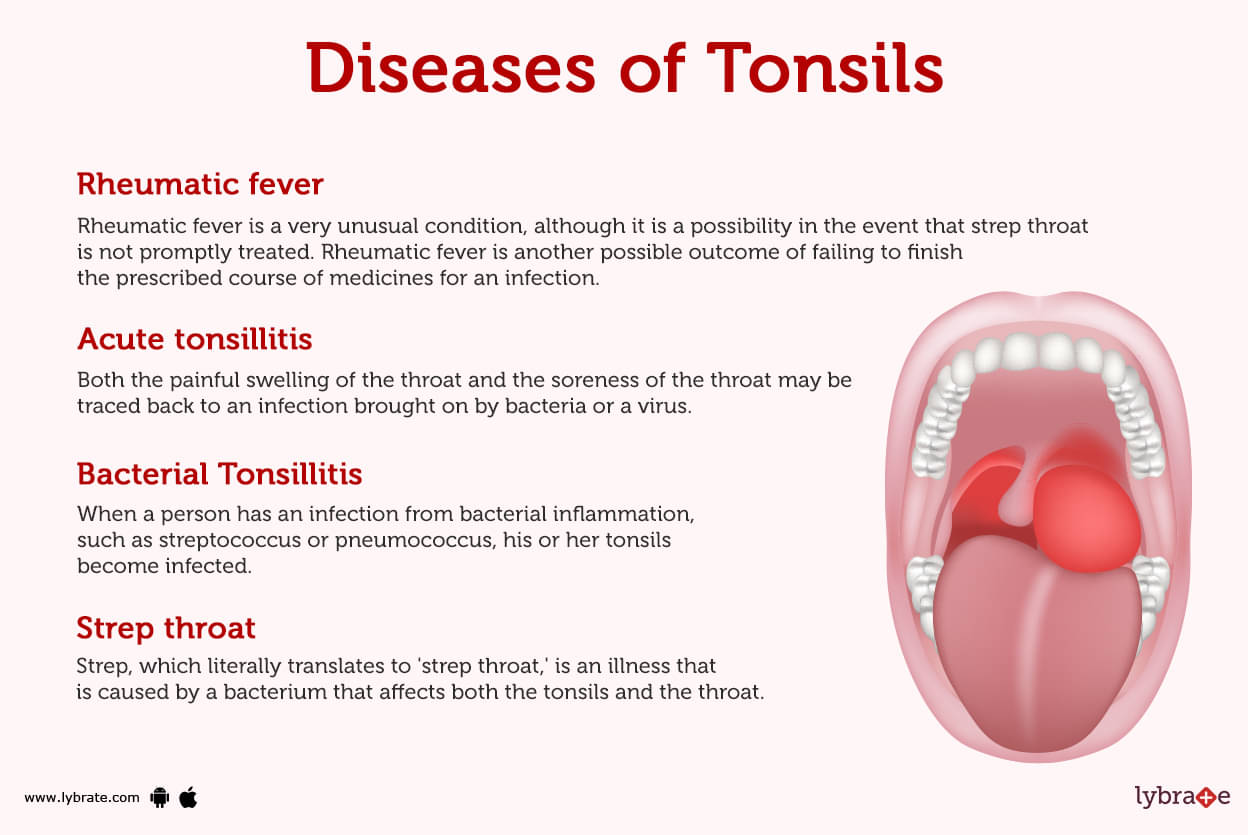Have You Ever Wondered Why You Even Have Tonsils?

Most people don’t give their tonsils a second thought—until they get a sore throat or hear about someone needing them removed. Maybe you remember the childhood warning: “Don’t eat ice cream, your tonsils will get inflamed!” But what are tonsils really for, and do they even matter once you’re an adult?
Let’s clear up the mystery behind these small, often overlooked organs tucked at the back of your throat—and how they quietly work to keep you healthy every day.
What Are Tonsils, and Why Do You Need Them?
Think of your tonsils as the bouncers at the entrance of a nightclub—the club being your body. Their job is to stand guard at the gateway to your throat, checking out anything that tries to get inside, especially germs and bacteria that come in through your mouth or nose. Tonsils are made of special tissue that’s part of your immune system, meaning they help your body spot and fight off infections before they can spread.
When you breathe, eat, or drink, your tonsils are on the front lines, sampling everything that comes through. If they detect something suspicious, they help trigger your body’s defenses—like calling in backup from your white blood cells to attack the invaders. This is especially important in kids, whose immune systems are still learning about the world.
3 Tonsil Issues You Shouldn’t Ignore
- Tonsillitis (Tonsil Infection): Tonsillitis means your tonsils are inflamed, usually due to a viral or bacterial infection. This happens when your tonsils get overwhelmed fighting off germs, causing them to swell, turn red, and sometimes develop white patches. You might feel a sore throat, trouble swallowing, fever, or swollen glands. Ignoring tonsillitis can lead to more serious infections or even spread to other parts of your body.
- Tonsil Stones: These are small, hard lumps that form when food, dead cells, and bacteria get trapped in the tiny crevices of your tonsils. Over time, this gunk hardens into stones. They can cause bad breath, a sore throat, or a feeling like something is stuck in your throat. If left alone, tonsil stones can make infections more likely or cause ongoing discomfort.
- Enlarged Tonsils (Chronic or Recurrent Swelling): When tonsils stay large for a long time, it can be due to repeated infections or allergies. This can make it hard to breathe or swallow, especially at night, leading to snoring or even sleep apnea. If untreated, it can affect your sleep quality, energy, and even your heart health over time.
Tonsil Truths: Busting the Biggest Myths
-
Myth: “Tonsils are useless—you don’t need them.”
Fact: Tonsils play a real role in your immune defense, especially when you’re young. Removing them is sometimes necessary for chronic problems, but having healthy tonsils helps fight off throat and respiratory infections. Thinking they’re pointless can keep people from recognizing signs that something’s wrong. -
Myth: “Eating cold foods causes tonsillitis.”
Fact: Tonsillitis is caused by germs, not the temperature of your food. Blaming ice cream or cold drinks just creates unnecessary fear and ignores the real causes—like exposure to viruses or bacteria.
6 Easy Ways to Care for Your Tonsils
- Practice Good Handwashing: Washing your hands often stops germs before they reach your mouth and tonsils. Use soap and water for at least 20 seconds, especially before eating or after being in public. Make this a daily habit to block infections at the source.
- Stay Hydrated: Drinking plenty of water keeps your mouth and throat moist, helping your tonsils flush away bacteria and debris. Aim for 6-8 glasses a day. Carry a water bottle to make sipping easy throughout your routine.
- Don’t Share Eating Utensils or Drinks: Sharing cups, straws, or utensils can transfer germs directly to your tonsils. Politely use your own items, especially if someone around you is sick, to reduce your risk of infection.
- Use Gentle Oral Hygiene: Brushing your teeth and tongue twice daily, along with gentle gargling, helps remove bacteria that can cause tonsil issues or stones. Use a soft toothbrush and replace it every 3 months.
- Avoid Smoking and Secondhand Smoke: Smoke irritates your throat and lowers your tonsils’ ability to fight germs. If you smoke, consider quitting; if not, avoid smoky environments to keep your tonsils and lungs healthier.
- Watch for Allergies: Allergies can cause post-nasal drip, which irritates tonsils. Managing allergies with your doctor’s help can reduce swelling and discomfort. Notice if your throat feels scratchy during allergy season and address it early.
Warning Signs It’s Time to Talk to a Doctor
- Severe or Lasting Sore Throat: If your sore throat lasts more than a week, or is very painful, it could signal a serious infection. Left untreated, infections can spread and lead to complications.
- Trouble Breathing or Swallowing: Difficulty breathing, swallowing, or speaking could mean your tonsils are dangerously swollen. This is urgent because it can block your airway, especially at night.
- High Fever or Pus on Tonsils: A fever over 101°F, pus, or white patches on your tonsils can mean a bacterial infection like strep throat, which sometimes needs antibiotics. Delaying treatment can cause more severe illness or spread the infection.
Daily Check-In: Are You Protecting Your Tonsils?
- ☐ Washed my hands before eating
- ☐ Drank enough water today
- ☐ Used my own utensils and cups
- ☐ Brushed my teeth and tongue twice
- ☐ Avoided smoke and managed allergies
Investing in Your Throat’s Health Pays Off
Your tonsils might be small, but they’re powerful allies in keeping you healthy. Remember: tonsils are your body’s first defense against many germs, and caring for them boosts your overall wellness. By staying alert to problems, practicing good habits, and knowing when to seek help, you’re putting yourself in control of your health. Give your tonsils the attention they deserve—your whole body will thank you!